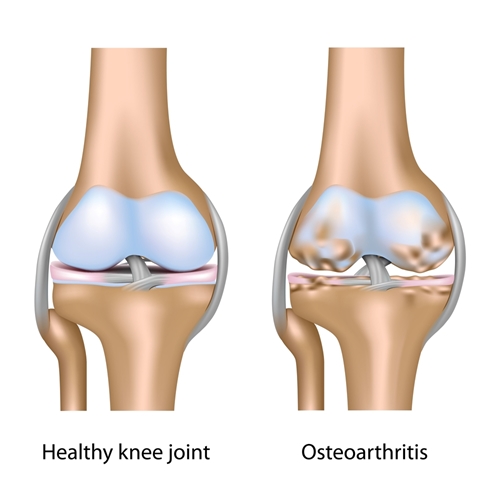
Small practices driving increase in EHR usage rates
Small practices traditionally have not had access to the vast resources and time management process available to large organizations that make electronic health record system implementation a much smoother process.

Sepsis onset, mortality rates predicted by EHR information
When patients are admitted to a hospital for a procedure, the expectation is that only the condition in question will require treatment.

Study suggests shorter recovery period for hip replacement patients
Orthopedic surgery is all about maintaining a level of mobility and independence in the patient.

EHR information stored in HIEs reduces ER admissions 30 percent
Meaningful use requirements are increasingly expected to prompt more practical use of electronic health record systems as the rote implementation guidelines of stage 1 are expanded upon with the more comprehensive ones of stage 2.

CMS disburses almost $23 billion in meaningful use incentives
The Centers for Medicare and Medicaid Services' meaningful use program has been criticized heavily in recent months for the amount of extra work it has placed onto the shoulders of medical practices across the country.

Executives say EHR information breaches caused by employees, lost devices
The patient data stored in electronic health information records can benefit physicians through on-site examinations and screenings for potential conditions, but the true value of EHR systems relies on their ability to communicate across provider networks.

Study suggests link between finger length and knee replacement surgery
Every year, millions of Americans require some form of orthopedic surgery to alleviate the symptoms caused by the breakdown of cartilage in joints.

CMS clarifies requirements for meaningful use hardship exemption
Physicians and federal agencies alike hope that the meaningful use incentives program will eventually produce sweeping benefits for the health care industry through the use of electronic health records systems.

With hard ICD-10 deadline, physicians should voice concerns with vendors, providers
Over the last few months, health care provider groups such as the American Medical Association and American Hospital Association have doggedly pursued the easing of requirements for meaningful use and ICD-10.

At-risk lung cancer patients identified by EHR screening
At times, meaningful use requirements can seem like busy work blindly focused on attesting for incentive payments, but with increasing frequency, electronic health records are being used in ways that increase the potential of physicians to administer effective treatment.

Secure EHR systems can help avoid data breaches, HIPAA fines
Data breaches can be health care IT professionals' worst nightmare.

Columbia Orthopaedic Group
“It is a specialty-specific EHR designed to support and enhance the efficient workflow of orthopaedic physicians,” says Austin.

Stage 2 requirements should be approached holistically
Now that stage 2 of meaningful use is well under way, some health care professionals are wondering how they can optimize their response to the next phase of the industry-wide transition to electronic health records.

With CMIOs, physicians can put focus back on patient
The health care industry's focus during this year's Healthcare Information and Management Systems Society conference may have fallen on the battle over meaningful use and ICD-10 between the Centers for Medicare and Medicaid Services and various groups, such as the American Medical Association and American Hospital Association.

CMS pledges more flexibility for meaningful use requirements
Health care organizations have long been clamoring against the burden that meaningful use attestation has placed on their workflows.
EHR analytics improve off-label drug use tracking
While physicians have a variety of tools at their disposal to treat the myriad conditions they see each day, sometimes they prescribe drugs against the explicit meaning behind their development.

48 providers ask HHS for an extension on meaningful use deadlines
Health care professionals had a relatively easy time purchasing and implementing electronic health records software through stage 1 of meaningful use, but as the deadlines for stage 2 requirements approach in July, some organizations are losing confidence that they will be able to meet those criteria.

Stage 2 requirements should be approached holistically
Now that stage 2 of meaningful use is well under way, some health care professionals are wondering how they can optimize their response to the next phase of the industry-wide transition to electronic health records.
